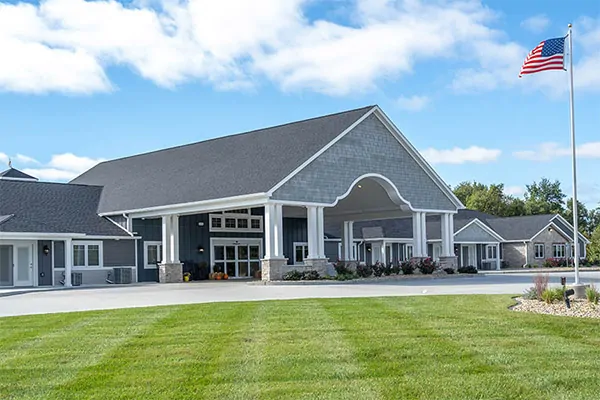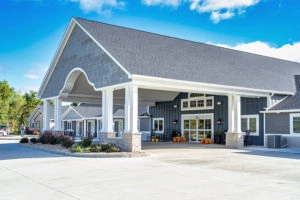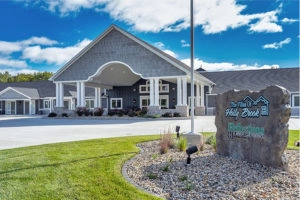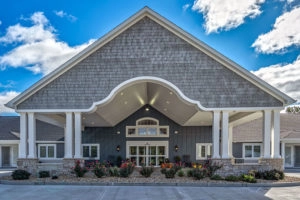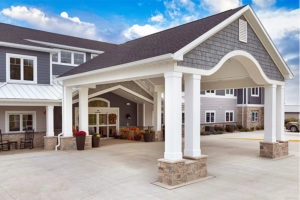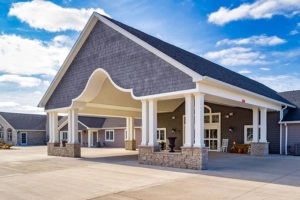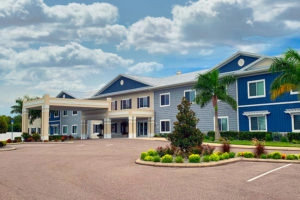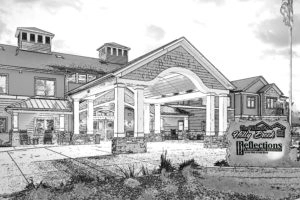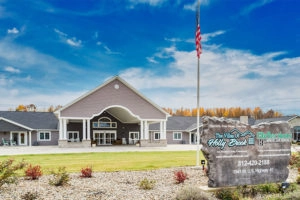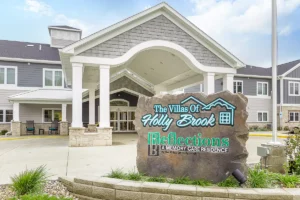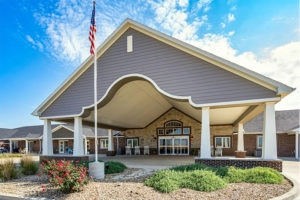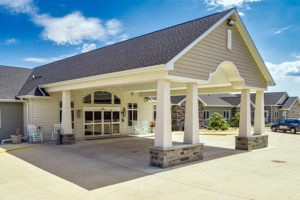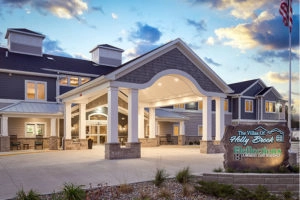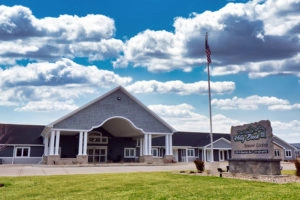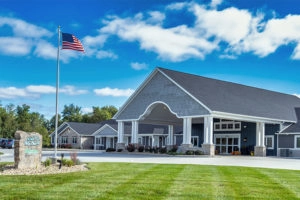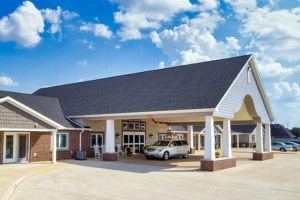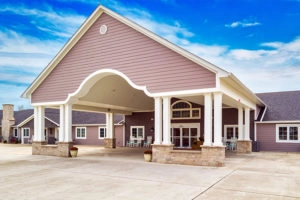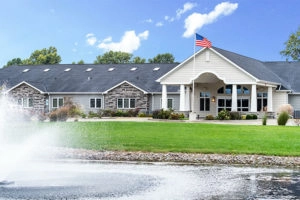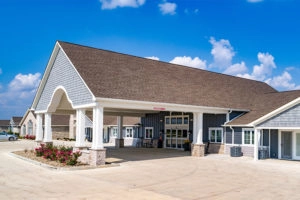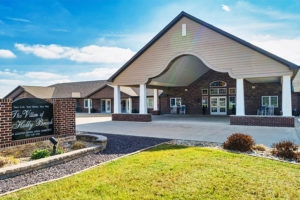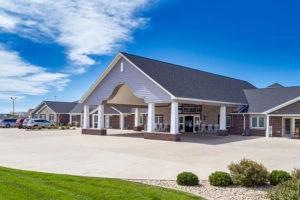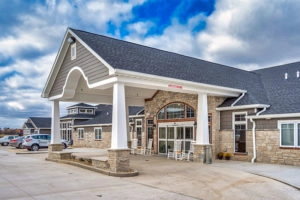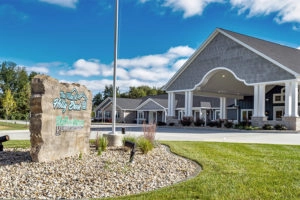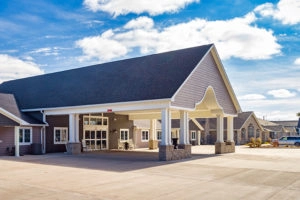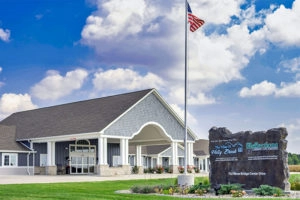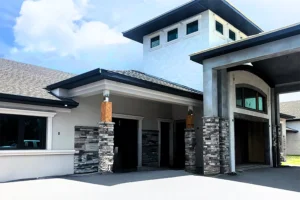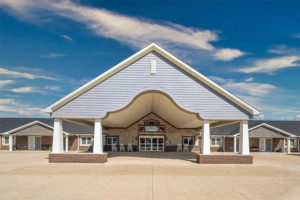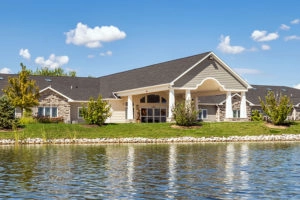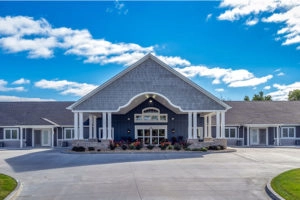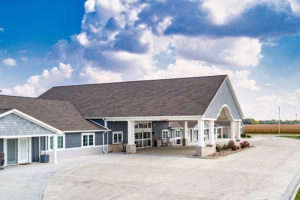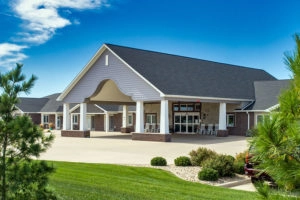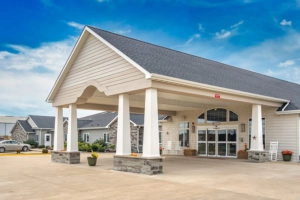SENIOR LIVING
The Importance of Preserving Family Traditions for Seniors
- Villas of Holly Brook
- June 1, 2024
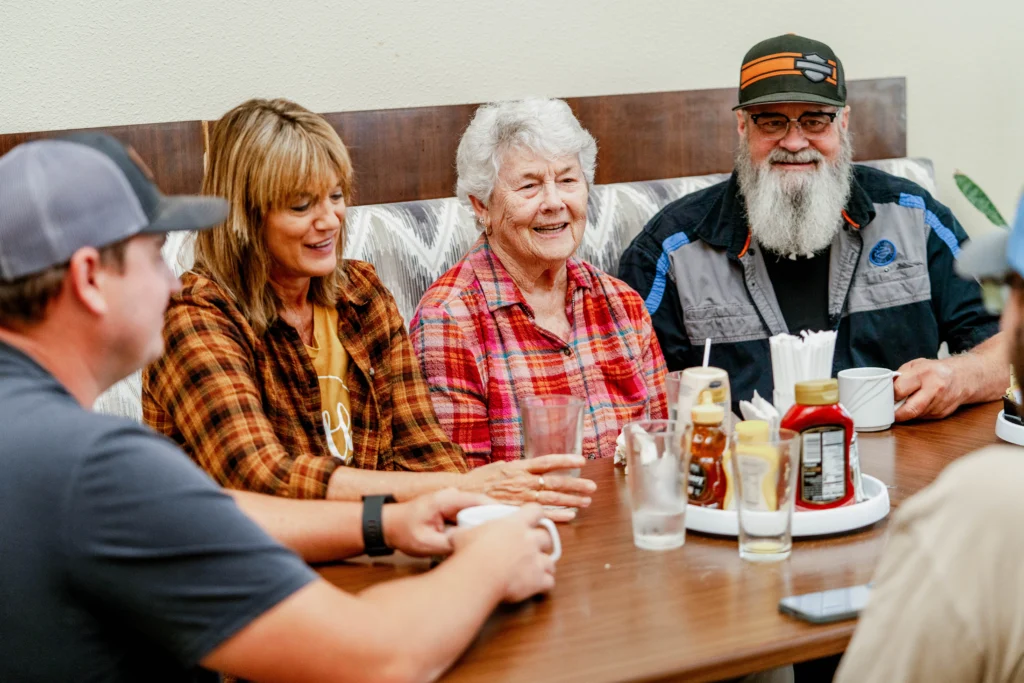
Family traditions hold significance in the lives of seniors, serving as the glue that binds generations together and anchors individuals in their cultural heritage. These traditions are not merely routines or rituals; they are shared memories, values, and experiences that enrich the lives of seniors. From holiday celebrations to family recipes passed down through the years, these traditions bring a sense of connection, belonging, and identity for seniors.
In the context of senior assisted living and memory care communities, preserving these cherished family traditions takes on added importance. Transitioning to senior care communities can be a significant life change, often accompanied by feelings of loss and uncertainty. By maintaining and honoring family traditions within these settings, we provide seniors with a sense of continuity and familiarity, helping to alleviate feelings of isolation and disconnection. Additionally, these traditions serve as powerful tools for reminiscence and cognitive stimulation, supporting the overall well-being of residents in assisted living and memory care. Therefore, it’s crucial for senior care providers to recognize and prioritize the preservation of family traditions as an integral part of their holistic approach to care.
The Role of Family Traditions for Well-Being
Emotional Connection and Sense of Belonging
Family traditions create opportunities for seniors to connect emotionally with their loved ones, fostering a deep sense of belonging within their familial and social circles. Whether it’s gathering for weekly dinners, participating in annual celebrations, or sharing stories from the past, these traditions nurture relationships and strengthen bonds, thereby promoting feelings of love, acceptance, and support.
Stability in Times of Change
Amidst the inevitable changes that come with aging, family traditions serve as anchors of continuity and stability for seniors. In the face of transitions such as moving to assisted living or coping with health challenges, the familiarity of these rituals provides a comforting sense of predictability and routine. This stability can be particularly reassuring for seniors navigating periods of uncertainty or upheaval in their lives.
Sense of Identity
Family traditions serve as bridges between generations, connecting seniors with their ancestors, cultural heritage, and personal history. By participating in activities that have been passed down through the years, seniors reaffirm their connection to their roots and gain a deeper understanding of their identity and place in the world. These traditions serve as tangible reminders of the values, customs, and experiences that have shaped their lives.
Enhancing Memory and Cognitive Function
Engaging in familiar family traditions can have profound cognitive benefits for seniors, stimulating memory recall and cognitive function. Whether it’s reciting family stories, singing songs from childhood, or preparing traditional meals, these activities activate various regions of the brain associated with memory and cognition. For seniors living with conditions such as dementia or Alzheimer’s disease, participating in familiar rituals can help preserve cognitive abilities and promote a sense of continuity in their lives.
Challenges Seniors Face in Maintaining Traditions
Mobility Limitations
As seniors age, they may experience physical limitations that make it challenging to participate in traditional family activities. Mobility issues such as arthritis, joint pain, or reduced stamina can hinder seniors’ ability to travel to family gatherings or engage in activities that require physical exertion. Additionally, seniors with mobility limitations may face barriers in accessing community spaces or participating in recreational outings, limiting their involvement in family traditions.
Cognitive Decline
Memory loss and cognitive decline are common challenges faced by many seniors, particularly those living with conditions such as dementia or Alzheimer’s disease. These conditions can impact seniors’ ability to remember important dates, follow familiar routines, or recall specific details about family traditions. As a result, seniors may feel disoriented or disconnected from cherished rituals, leading to feelings of frustration or sadness. Moreover, memory loss can affect seniors’ ability to pass down family traditions to future generations, posing a threat to the preservation of cultural heritage within families.
Changes in Family Dynamics
Over time, families may undergo changes in dynamics and structure that can disrupt normal family traditions. Factors such as divorce, relocation, or the passing of loved ones can alter the composition of family gatherings or traditions, leading to feelings of loss or nostalgia for seniors. Additionally, generational shifts in values or lifestyles may result in the evolution or adaptation of family traditions, requiring seniors to adjust their expectations or roles within the family dynamic.
Relocation to a Senior Living Community
Transitioning to assisted living or memory care communities can present significant challenges for seniors in maintaining family traditions. Relocation may entail leaving behind familiar environments, communities, and social networks, disrupting established routines and traditions. Seniors may struggle to adapt to new surroundings or navigate changes in care settings, impacting their ability to participate in family activities or celebrations. Moreover, distance from loved ones or logistical constraints may limit seniors’ opportunities to engage in family traditions, exacerbating feelings of isolation or loneliness.
Strategies for Preserving Traditions in Senior Living Communities
Create a Supportive Environment
Assisted living and memory care communities can create a space to reminisce by providing dedicated opportunities for seniors to share their memories and experiences. Activities such as group therapy, shared meals, or storytelling circles can offer seniors a platform to recount family traditions, childhood memories, and significant life events. Staff members can facilitate these sessions, encouraging meaningful connections and fostering a sense of community among residents and staff.
Incorporating Family Routines
Intentionally integrating family traditions and celebrations into the daily schedule of senior care communities can help seniors maintain a sense of continuity and connection with their loved ones. This may involve organizing holiday-themed events, birthday celebrations, or cultural festivities that reflect residents’ traditions and preferences. Staff members can collaborate with residents and their families to identify meaningful traditions and incorporate them into the community’s activity calendar, ensuring that residents have opportunities to participate and engage in familiar rituals.
Utilizing Technology
In an era of digital connectivity, technology offers valuable tools for bridging the distance between seniors in assisted living or memory care and their distant family members. Communities can provide seniors with access to devices such as tablets, smartphones, or computers equipped with video calling software, allowing them to stay in touch with family members through virtual visits, video chats, or live-streamed events. Additionally, staff members can facilitate virtual family gatherings or online celebrations, enabling seniors to participate in important milestones and family traditions regardless of physical distance.
Encouraging Family Involvement
Senior care communities can foster intergenerational connections by inviting family members, children, and grandchildren to participate in facility activities and events. By promoting interactions between residents and visitors of all ages, facilities can enrich the lives of seniors and create lasting memories that honor family traditions across generations. Here at The Villas of Holly Brook, family is at the heart of our mission. That’s why we frequently host family events and provide a private dining room where residents can gather with their loved ones for a special meal or event, creating cherished moments and honoring family traditions in the comfort of our communities.
In conclusion, the significance of preserving family traditions for seniors cannot be overstated. These cherished rituals serve as a way of connection, identity, and well-being, enriching the lives of seniors in profound ways. Assisted living and memory care communities play a vital role in supporting these traditions, providing a nurturing environment where residents can continue to honor and celebrate their heritage. As we reflect on the importance of family traditions in senior care, we encourage families to actively engage in preserving and passing down these cherished customs to future generations.





